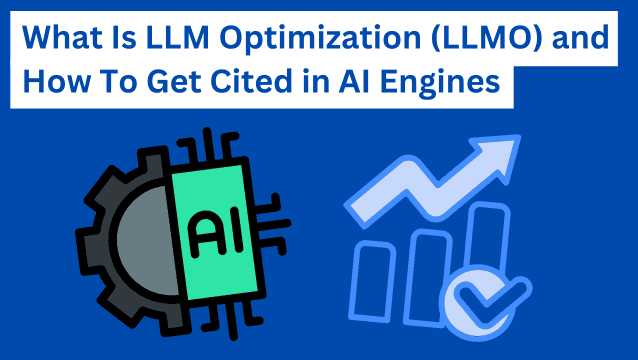What is site reputation abuse?
Site reputation abuse (SRA) is when website owners publish 3rd party pages with no involvement or oversight to manipulate search results.
Here’s Google’s definition:
“Under Google’s new policy, site reputation abuse is defined as third-party content produced primarily for ranking purposes and without close oversight of a website owner and intended to manipulate search rankings” will be considered spam.
Google explained further:
- “When third-party sites host low-quality content provided by third parties to piggyback on the ranking power of those third-party websites.”
- “A third party might publish payday loan reviews on a trusted educational website to gain ranking benefit from the site.”
- “Such content ranking highly in search can confuse or mislead visitors who may have vastly different expectations for the content on a given website.”
Google’s official Site Reputation Abuse update
Google’s reason for the new Site Reputation Abuse Policy
Google implements its spam policies to improve search result quality and protect users from unwanted content.
For example, Google said:
- “A third party might publish payday loan reviews on a trusted educational website to gain ranking benefit from the site.”
- “Such content ranking highly in search can confuse or mislead visitors who may have vastly different expectations for the content on a given website.”
But there’s some confusion as Google only considers some 3rd party content as spam!
Google’s 3rd party spam definition:
- “Many publications host advertising content that is intended for their regular readers, rather than to primarily manipulate Search rankings. Sometimes called ‘native advertising’ or ‘advertorial,’ this kind of content typically wouldn’t confuse regular readers of the publication when they find it on the publisher’s site directly or when arriving at it from Google’s search results.”
The coming update isn’t a surprise. In March, Google announced it would begin taking manual and automated actions to fight this abuse and recently published a reminder on X:
And that’s just a few days away!
What people are saying about the new policy
What does this mean for search engine results?
Parasite SEO, and the unfairness and harm it can cause, has been affecting the quality of search results. Google’s new Site Reputation Abuse Policy is one way of tackling the problem.
Another, as Google’s Search Liaison, Danny Sullivan, posted on X, is for users to report spam to Google.


